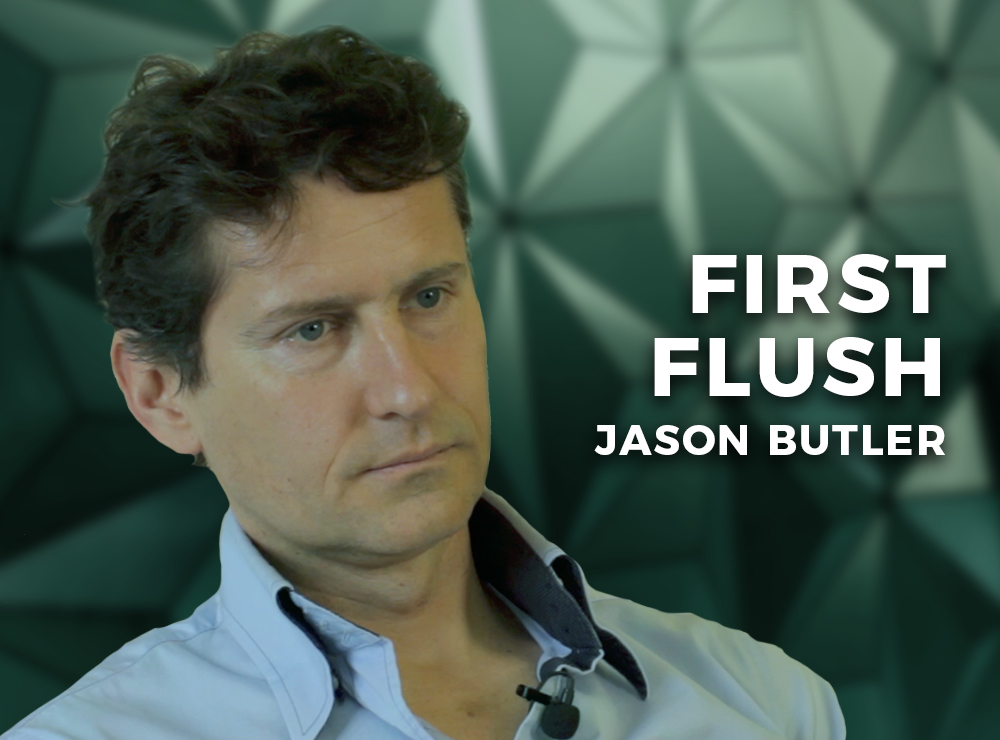
By JASON BUTLER
There is an old saying that if you don’t know where you are going, you’ll probably end up somewhere else. And when it comes to your relationship with money and your overall financial wellbeing, it helps to know what good looks like. Otherwise, how will you know what changes you need to make and how will you measure progress?
Your present money reality
The starting point should be assessing your current reality. Are you entirely happy with your current situation? For most people that is unlikely to mean being able to afford to make work optional today, but more about whether financial issues are causing you stress, anxiety or relationship conflicts.
It means having enough money to afford those little luxuries that make life more varied and fun. And it also means being able to cope with financial curve balls and upsets, such as losing your job or an unexpected bill, so that they are merely an inconvenience and not a drama.
Some key questions you might want to ask yourself are:
Do I have enough to meet my current lifestyle needs and enable me to save for the long-term?
Can I spend on luxuries and fun things without feeling guilty or causing me to accumulate debt?
Have I got a large enough cash savings reserve to cope with emergencies?
Do I feel in control of my day to day spending and do I know where all my money goes?
Do I feel that I have something to show for the money I’ve earned so far?
Am I happy with the influence money has on my closest relationships?
Do I love or hate my job or the work I do to earn money?
If I don’t love my job, am I OK with that because I get enjoyment from activities outside of work?
Am I happy with the level of debt I currently have and how might I feel if I could reduce or eradicate this?
What, if any, resentment or negative feelings do I have about money, particularly in relation to how I see other people and how I think they see me?
What self-limiting beliefs about money do I have that are holding me back financially?
Do I find myself spending money to fit in with or obtain acceptance from other people?
Do I have an addiction which causes me to spend money that I can’t really afford, and which doesn’t really make me happy?
What is working well in my money life, and how could I build on this?
Defining your idea of good
Once you’ve got a sense of your own money reality, and the areas that you feel you want to improve, you can then set out what good would look like. In this context ‘good’ doesn’t mean perfect or job done, but more a state where you will feel that you are making progress. You will never stop working on improving and maintaining your financial wellbeing. It’s a journey without a destination.
You will never stop working on improving and maintaining your financial wellbeing. It’s a journey without a destination.
When it comes to my own financial wellbeing the following is how I define good, but you might have different definitions.
I can cope with almost any financial emergency by having enough cash savings, human insurance (income replacement and life cover), and multiple income streams (including passive income).
I have no non-mortgage debt and any mortgage debt is solely to fund rental properties or residential or commercial property development.
I only do work that I enjoy, can do well and can deliver high tangible value to others.
I can give away 20% of my income to causes that help others to be the best version of themselves.
I don’t define my self-worth by my net worth or income, but I do believe I am worthy of being paid well and accumulating wealth as a result of both the value I create and the discipline I adopt in my day to day spending and approach to investing.
I accept that I am human and will make money mistakes, but I do my best to learn from these and always do my best to minimise the negative impact on my life of such mistakes.
I take responsibility for the consequences of my money actions, but I don’t beat myself up.
I focus on my life values and what matters to me and my family and use money accordingly. I don’t get drawn into what other people do with their money and I don’t need their acceptance.
I expect things to go wrong financially but hope that they go right. I’m a rational optimist.
I always remember that no none will care as much about my financial wellbeing as me.
There are plenty of people who have more money than me, who live in a bigger house, have more holidays and more ‘stuff’. But none of that has anything to do with my happiness and, I would suggest, that has nothing to do with yours.
So, this week why not sit down and write down what ‘good’ looks like to you when it comes to your relationship with and use of money? That will give you a useful milestone against which to measure the progress of your daily actions and habits.
JASON BUTLER is a former financial adviser, based in Suffolk. He is a personal finance columnist for the Financial Times, and is Head of Financial Education at Salary Finance. You can find out more about him on his website.
If you’re interested in reading more from Jason, here are a few of the other articles he’s contributed to TEBI:
Learn to embrace the challenges
Beware investing in serviced accommodation
Time to face up to your money mistakes
Five steps to achieving financial freedom










